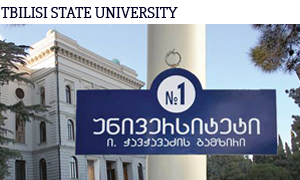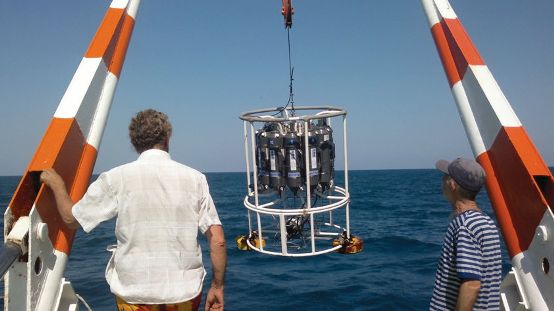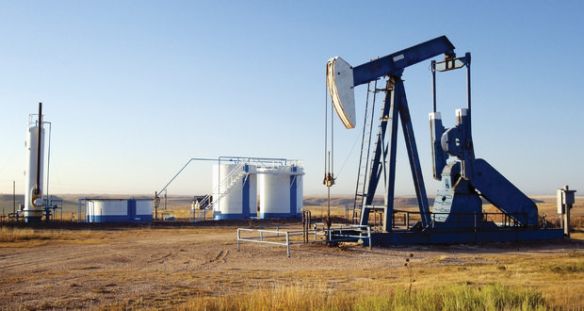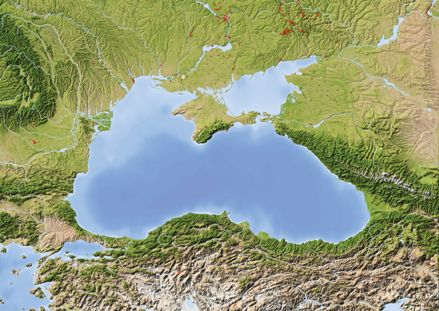
Journal Number: 7
While traditional power systems based on technical progress provide many benefits, they have an extremely negative impact on the environment and have resulted in the current global climate change. The temperature will rise for the following decade, and though it might only be by 2 degrees it will cause drastic changes to natural processes on earth. Hence, the quest for non-traditional energy sources is extremely significant for the energy industry and the household sector.
Despite a long history of oil extraction in Georgia and numerous studies carried out, current economic outcomes for the industry are not impressive. However there were certain periods of progress in the development of industrial extraction. For example, in the 1970s and 80s annual oil extraction in Georgia exceeded 3 million tons (see G. Khmaladze, N. Khmaladze, Georgia’s oil industry during the transition period; TSU Publishing House, 2002, p.14).
Until today the balanced and complete nutrition of poultry and livestock in Georgia has been largely ignored. Researchers from the Laboratory of Chemistry Studies at P. Melikishvili Institute of Physical and Organic Chemistry createdbio-coordinated compounds of bio-metals and organic substances and their compositions with natural zeolites, which can assure inexpensive, ecologically safe, zero waste, antibacterial and antiseptic additives for animals. Under the supervision of Dr. Spartak Urotadze, Head of the Laboratory of Chemistry Studies, and Doctor of Chemistry, a team of scientists carried out research on“Bio-metals and natural zeolites containing premixes for the new generation” between 20011 and 2014, supported by the Science and Technology Centre in Ukraine (STCU).
The easternmost section of the Black Sea regional short-term forecasting system was developed with the participation of Georgian scientists on the basis of mathematical modeling as one of the components of the overall Black Sea diagnosis and forecasting system. The Development of the Black Sea Diagnosis and Operational Forecasting System was carried out from 2003 to 2005 as an EU-ARENA international scientific and technical project and the Black Sea regional forecasting system easternmost sector covered the Georgian coastline and waters.







